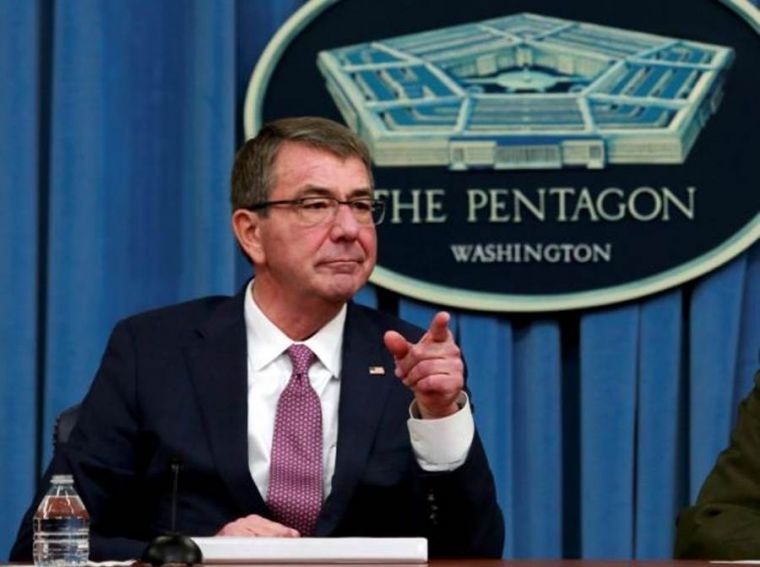Chaplains express religious liberty concern over Pentagon's repeal of transgender ban in military

A group of military chaplains has expressed strong concern about religious liberty issues after the U.S. Department of Defense announced that it has lifted the ban on transgenders to serve in the military.
The Chaplain Alliance for Religious Liberty said a senior Pentagon official outlined the implications of changing the policy.
The official said transgenders will be required to receive medical statement from a military doctor that they suffer from gender dysphoria, which can lead to all medical resources being made available to them for surgeries.
"An endorser on the call asked whether medical professionals who hold a biblical view on human sexuality will be required to violate their consciences and do as these persons demand, and the response was that it is the responsibility of medical professionals to serve military persons. It's an understatement to say that this raises serious religious liberty concerns," said retired Chaplain Ron Crews, executive director of the alliance.
He said the Pentagon "must ensure a service member is not forced to violate his or her conscience and that doctors and nurses who hold to a biblical view of human sexuality can serve in today's military."
The official warned that "mixed genitalia" will be present in military bathrooms, showers, and barracks because service members will be in various stages of change in their sexual identity.
"Americans need to know the extreme implications of this policy," Crews said. "Do we want our sons and daughters to be forced to share showers and sleeping spaces in a 'mixed genitalia' environment with no recourse for objections of conscience?"
The Pentagon announced last June 30 the lifting of the ban on trangenders in the military.
It also announced a construct by which service members may transition while serving.
"This is the right thing to do for our people and for the force," said Defense Secretary Ash Carter. "We're talking about talented Americans who are serving with distinction or who want the opportunity to serve. We can't allow barriers unrelated to a person's qualifications prevent us from recruiting and retaining those who can best accomplish the mission."
The policy will be phased in during a one-year period. Service members may no longer be involuntarily separated, discharged or denied reenlistment solely on the basis of gender identity.
The U.S. Department of Defense will create and distribute commanders' training handbook, medical protocol and guidance for changing a service member's gender not later than Oct. 1 this year.











